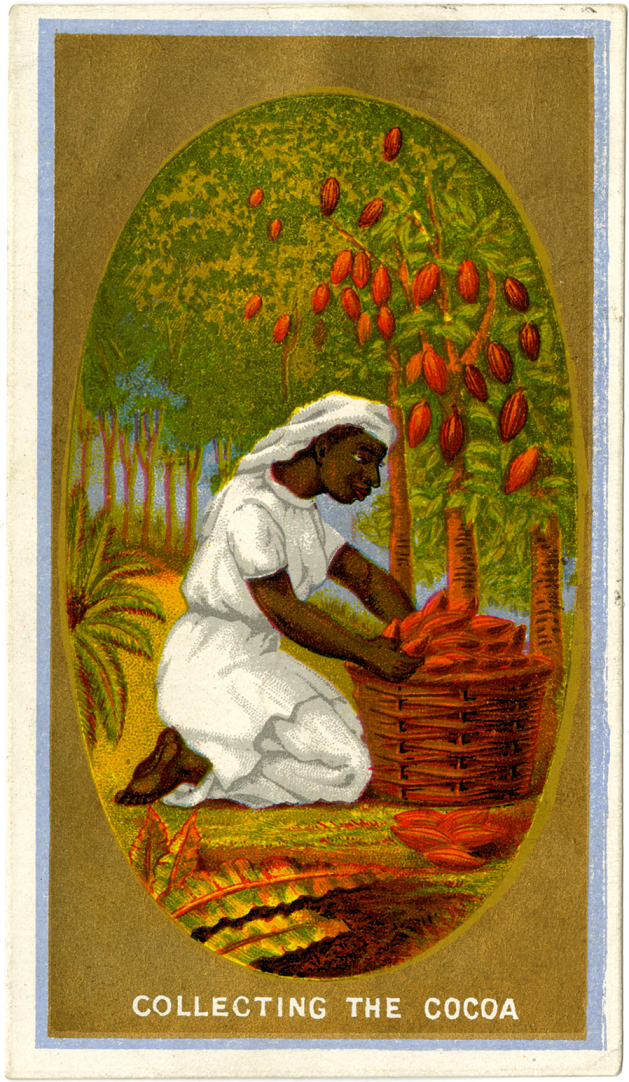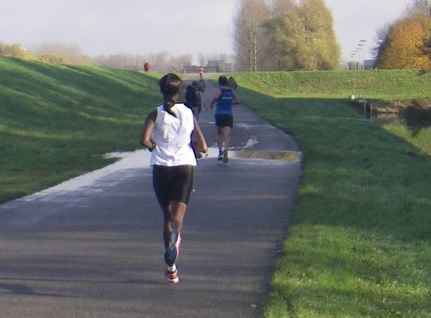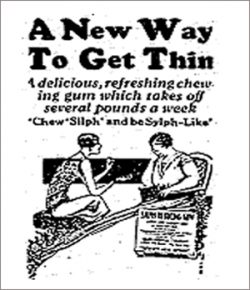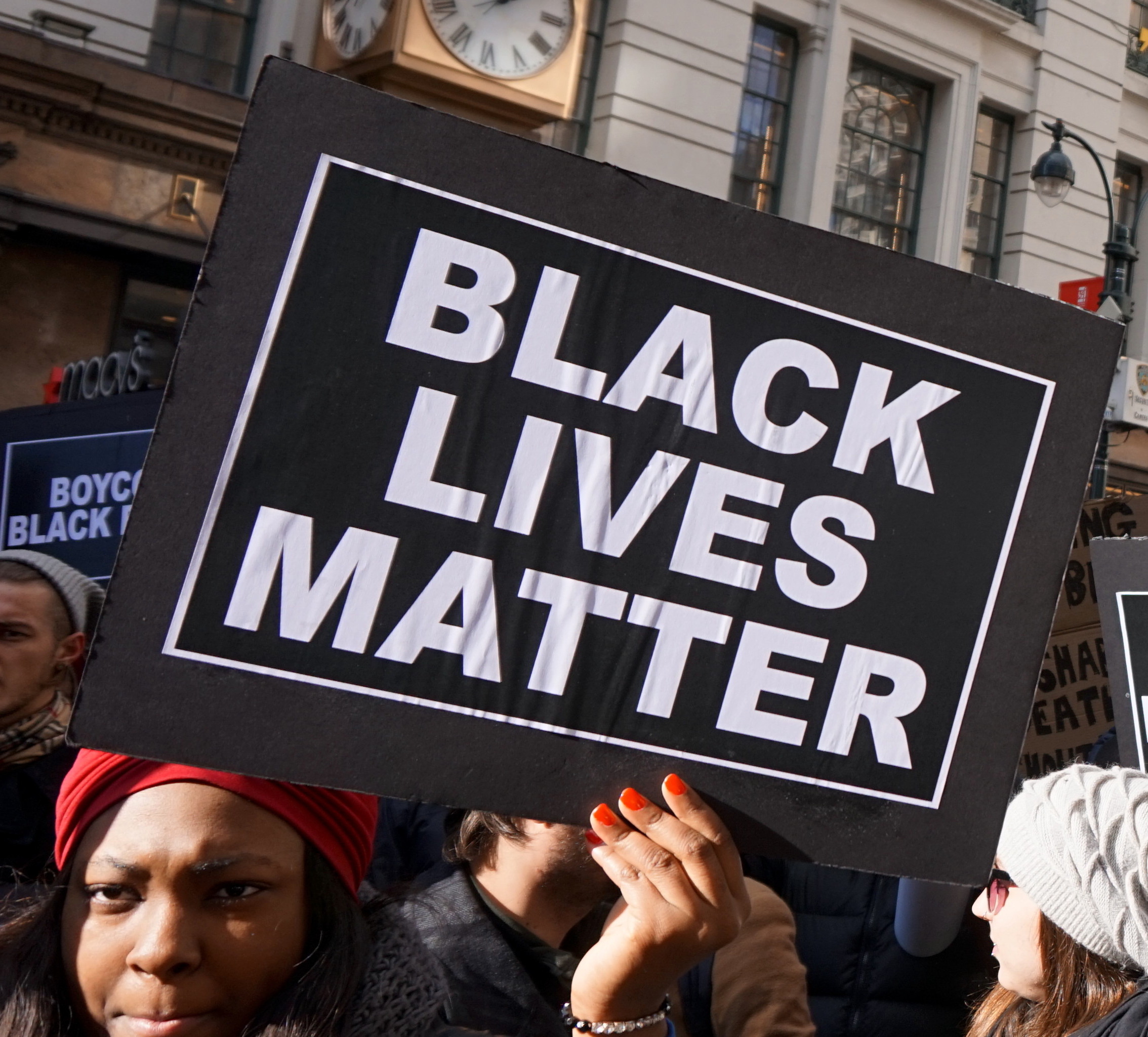Thin-Rage and Racialized Fat
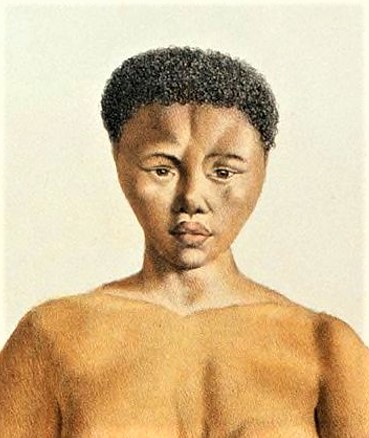
I watch a video of professional marathon runner Mirna Valerio. Juxtaposed with the footage of her fat black body running through the woods, she reads—in a static, calm, level voice—an email that was sent to her: “You are a liar and a fraud. You are not a runner. I have seen your few videos where you actually pretend to run. What a joke! You are moving no faster than I can walk.” I watch Valerio’s body zig and zag in between trees. The camera lens lingers on her thick thighs as they land on the damp earth with thuds. I watch the flab on her arms and tummy jiggle, listen in for her deep breaths. She is not fast, but…
